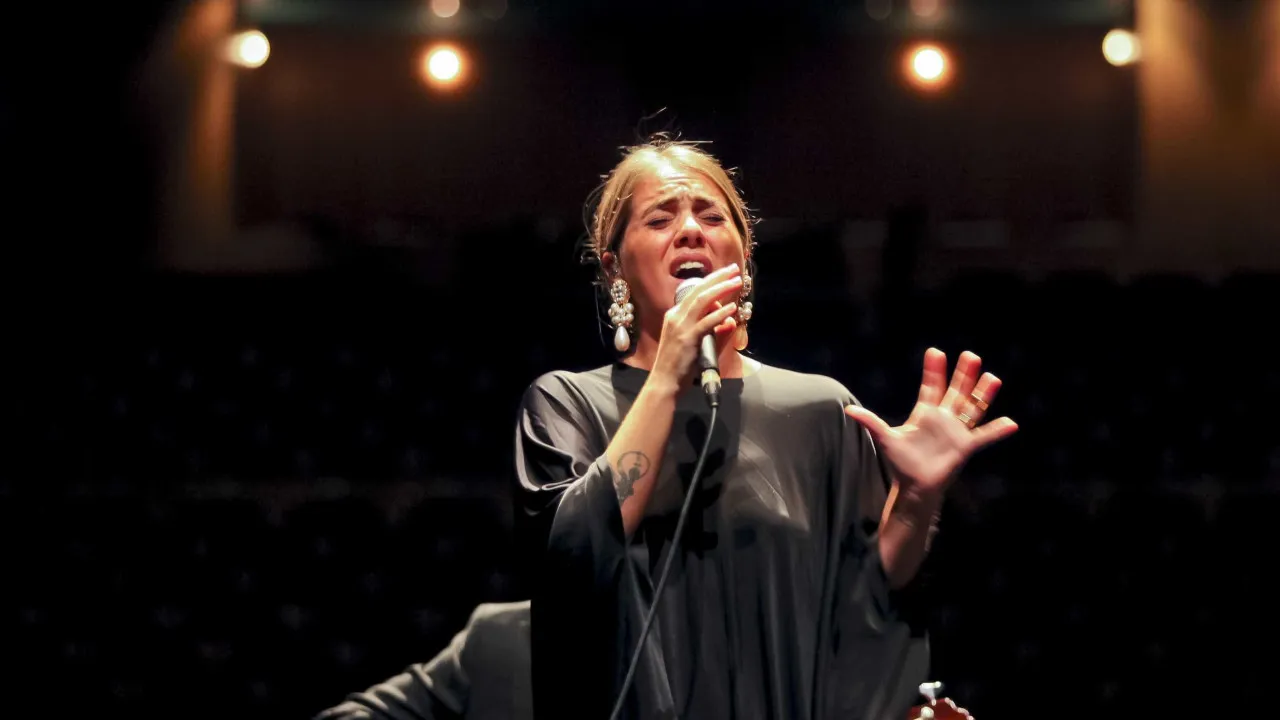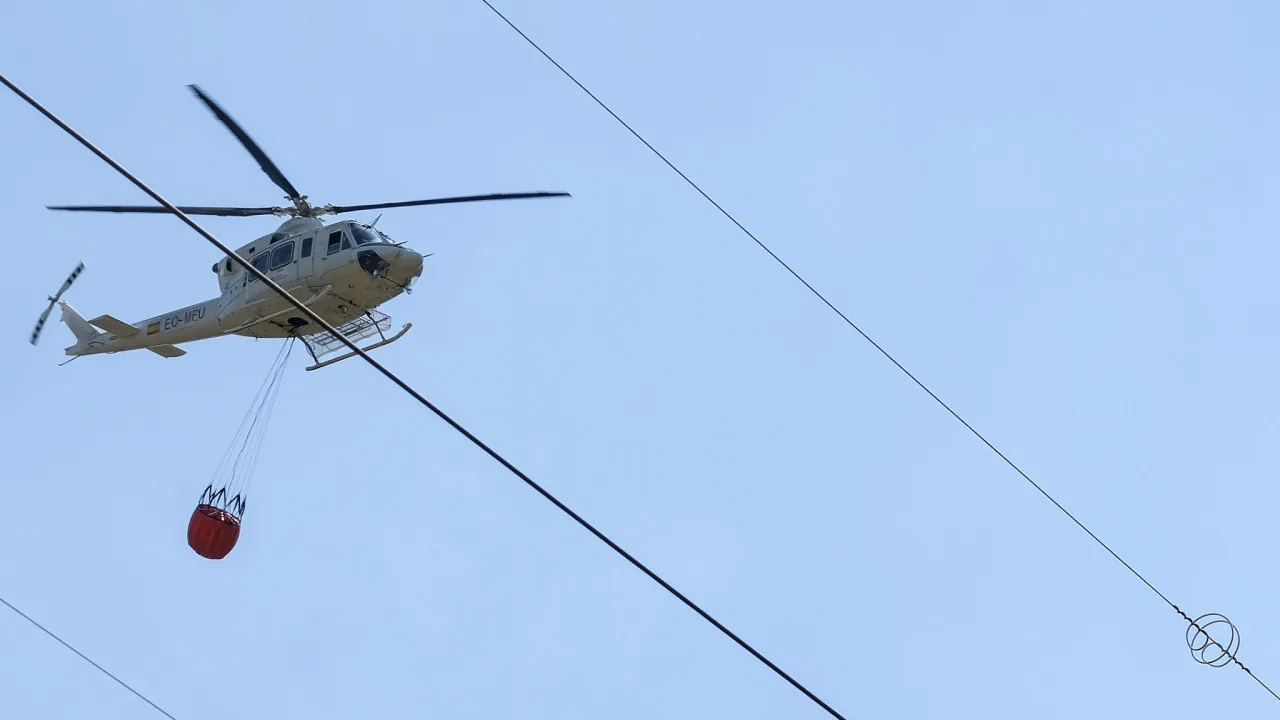
The lineup for the performance will revolve around her latest album, “Inquieta,” along with “things she is working on” and others not yet disclosed, the fado singer shared with Lusa.
Last February, Gisela João released “Inquieta,” her fourth album, championing freedom, revisiting the repertoire of José Afonso (1929-1987) with songs such as “Vejam Bem,” “A Morte Saiu à Rua,” “Que Amor Não me Engana,” “Os Bravos,” “Balada de Outono,” “Canção de Embalar,” along with “E Depois do Adeus” (José Niza/José Calvário) by Paulo de Carvalho, the song that served as the first signal to troops in the overthrow of the fascist dictatorship on April 25, 1974.
In previous statements to Lusa about the release of this album, the singer stated: “My intention with this record is greater than the date itself; it’s beyond all that, it’s to remind people that our Freedom,” the freedom “of each one of us,” requires “taking care of the Freedom” that “is ours and our neighbor’s,” and that Freedom “has a direct impact on the lives and freedom of other people.”
Gisela João emphasized the need for “a constant struggle” and “a very concrete defense of Freedom, which is a right by birth.”
“The right of anyone born to Freedom, to be what they want to be, and to be who they wish and dream to be,” she argued.
“There [in those songs from the album]—I can’t even explain how—there’s something that makes me feel very Portuguese, as in fado,” Gisela João told Lusa, adding that when she hears them, it’s like she’s doing a mantra with herself: “A lullaby in repetition that calms my soul.”
Born in Barcelos, Gisela João became known to the general public in 2013 with her self-titled album, where she recorded, among others, a new version of “A Casa da Mariquinhas” (Capicua/Alberto Janes), as well as the fado “Sou Tua” (Domingos Gonçalves da Costa/Casimiro Ramos), from the repertoire of Fernanda Maria, and other fado singers like Flora Silva and Anita Guerreiro, and also “Bailarico Saloio” from the Folklore Songbook.
In 2023, after the financial crisis and austerity years of the ‘troika,’ which inspired her first version of “A Casa da Mariquinhas,” Gisela João returned to this classic with Capicua to find “O Hostel da Mariquinhas,” this time amid the housing crisis: “It’s just a pity the Portuguese can’t afford a T3, and have to move beyond Conchichina.”
Gisela João won several children’s contests in the Barcelos region, where she began singing at Adega Lusitana during her teenage years. In 2000, she moved to Porto to study fashion design, but music prevailed, and she continued to sing.
Later, in Lisbon, she conquered the fado stages one by one, culminating in the release of her first album under her own name. Before that, she recorded with the band Atlantihda, where fado, as urban expression music, was combined with other traditional roots influences.
In between, she released the albums “Nua” (2016) and “AuRora” (2021).
Earlier this year, upon the release of “Inquieta,” asked about the responsibility of interpreting songs by authors like José Afonso, the singer said that when she starts singing, it’s as if she’s not there.
“What is there is the poem. And I wish I could take people to the place I go when I’m singing.”




